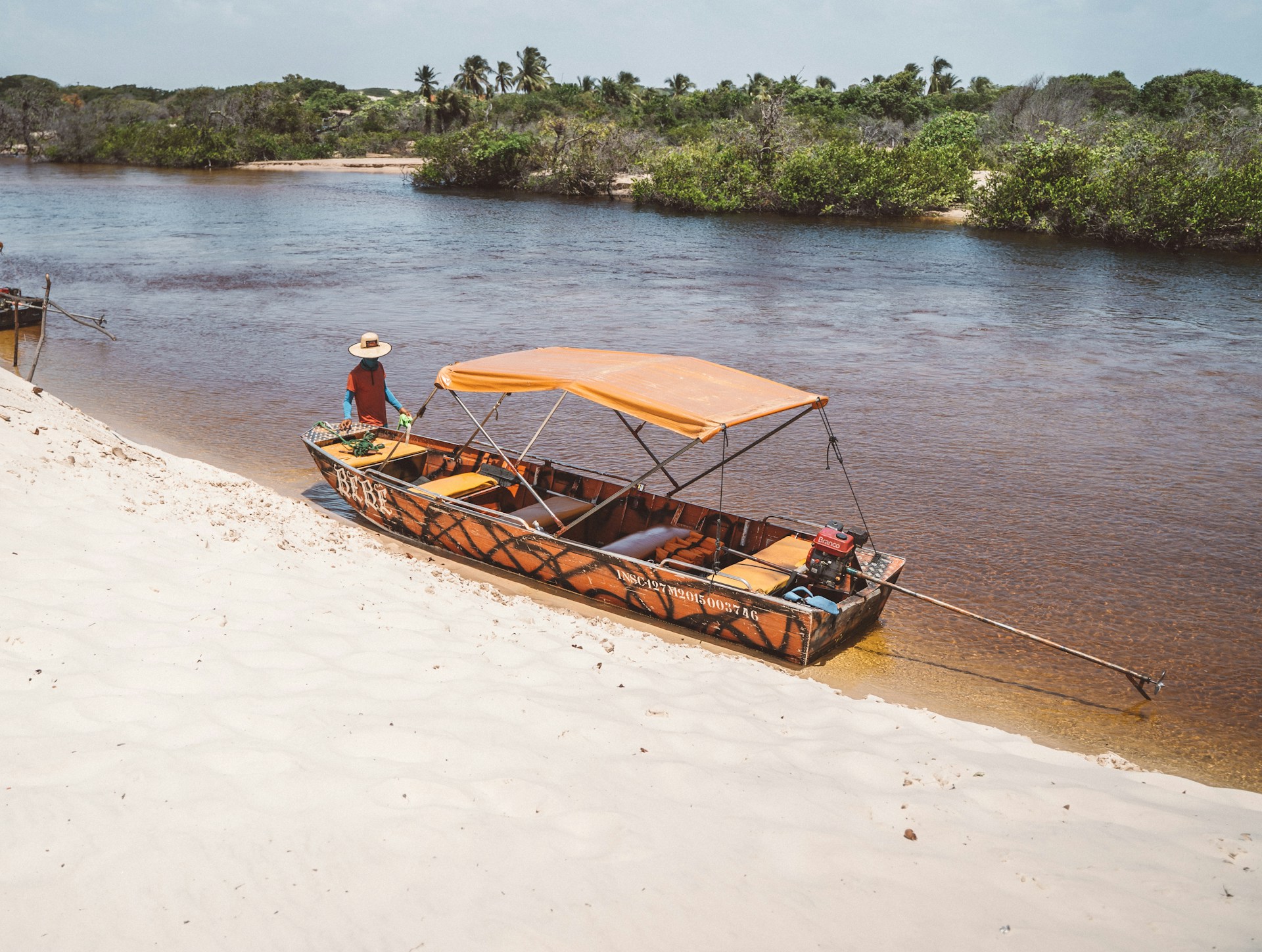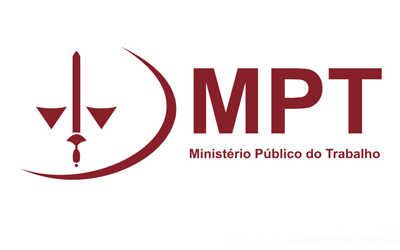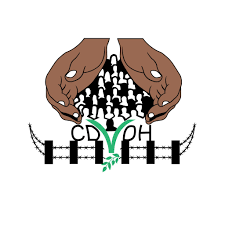Evaluating A Peer Counseling Program for Survivors of Human Trafficking in Brazil

Funded by HTRI and in collaboration with FLPO and CDVDH/CB, researchers are conducting a pilot evaluation to assess whether a case management and peer counseling program led by human trafficking survivor advocates can increase newly identified survivors' access to social programs, job support programs, and improve their mental health.
Survivors of human trafficking often contend with Post-Traumatic Stress Disorder (PTSD) and depression, which can make it difficult for them to navigate life after their experience, including securing employment. In Brazil, there is currently no streamlined process for assisting survivors upon rescue. Survivors are referred to welfare agencies in their hometowns by local civil servants, and often must actively seek services on their own, while civil society organizations rely on infrequent government reporting to identify survivors in their area. Consequently, many survivors miss out on the social support they are entitled to. In the state of Maranhão, the survivor advocacy organization CDVDH/CB offers practical assistance to conduct outreach, needs assessment, and follow-up support for newly identified survivors. This project aims to add ongoing peer counseling engagement of survivors, designed to support survivors during a critical time period.
Funded by HTRI and in collaboration with FLPO and CDVDH/CB, researchers are conducting a pilot evaluation of a program that brings survivors into the case management process and supplements with peer counseling for newly identified survivors. Specifically, they will measure whether this program increases survivors’ access to social services, tracks labor market outcomes, and improves their mental health. They will also seek to create a standard protocol for case management so that any counselor involved in the program has a guide that can support them in providing effective and consistent care for survivors.
Results will be available in 2025.
Sources
1. Evans, Harriet, Shanu Sadhwani, Neil Singh, Katy Robjant, and Cornelius Katona. "Prevalence of complex post-traumatic stress disorder in survivors of human trafficking and modern slavery: a systematic review." The European Journal of Psychiatry 36, no. 2 (2022): 94-105.
Research and Funding Partner

Research and Implementing Partners














